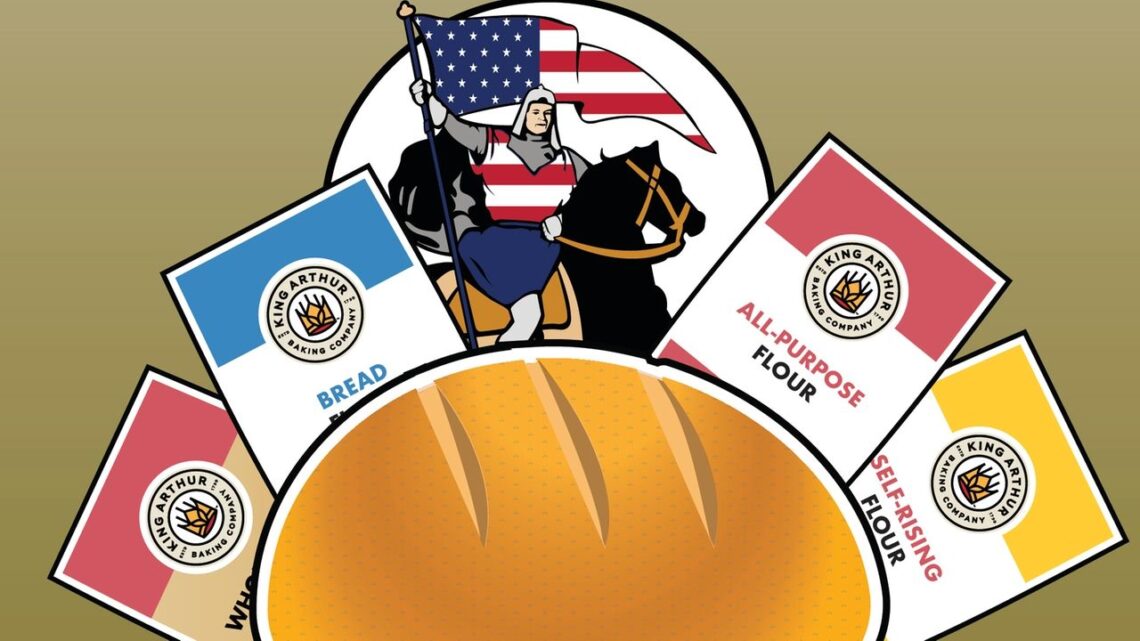As America’s oldest flour company, King Arthur Baking Co. has seen a lot. It opened in 1790, when George Washington was president.
But little could have prepared it for the start of the coronavirus pandemic, when demand for King Arthur’s products jumped six-fold almost overnight. The company, based in Norwich, Vermont, scrambled to manage supply chains, ramp up production and to focus on in-demand items like bread flour.
CEO Karen Colberg, who worked in marketing at Gap Inc. before joining King Arthur in 2005, says the company leaned into its strengths. King Arthur already had a robust mail-order business, which makes up 30% of its sales, and it’s been sharing recipes and baking tips online for years.
“We built trust with the baker over decades,” Colberg said. “We didn’t have to react in the moment. That’s what we always did.”
Interest in home baking hasn’t subsided along with the virus. Bakers are now experimenting with more complex ingredients, Colberg said. King Arthur is seeing double the website traffic for its sourdough products compared to last year.
The company hopes to tap into that enthusiasm – and grow its market share outside of New England – by opening a handful of baking schools around the country. Colberg expects the first to open in early 2026.
The Associated Press spoke with Colberg about King Arthur’s growth and its unusual structure as an employee-owned company. Her comments have been edited for length and clarity.
Q. How has inflation impacted King Arthur’s flours, which are more expensive than some other brands?
A. We believe our product is a very good value, particularly for the heavy baker, because of the performance and the consistency. Baking is not only an escape — people say they do it for stress relief — but it’s also a less expensive way to bake a nice artisan loaf of bread. A boule of sourdough bread from a bakery can cost $6, $7, $8. And when you bake it at home you can have something just as good and warm out…
Read the full article here








